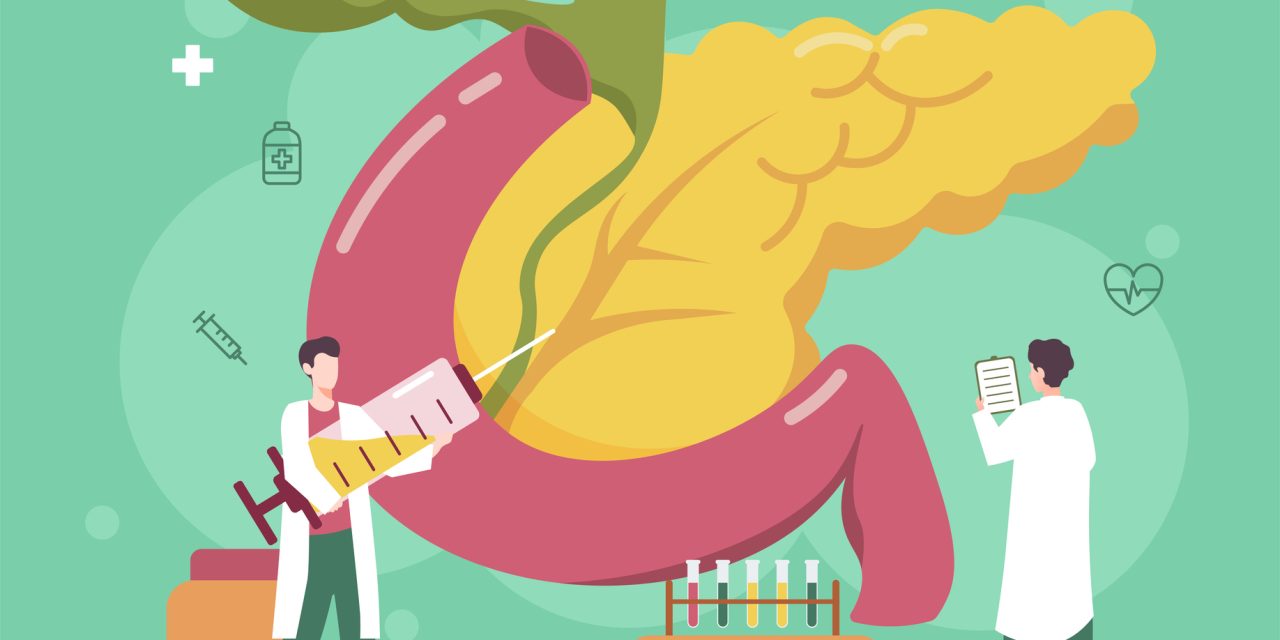Mammalian pregnancy and lactation is accompanied by a period of infertility that takes place in the midst of a sustained increase in food intake. Indeed, successful reproduction in females is dependent on co-ordination of the distinct systems that regulate reproduction and metabolism. Rather than arising from different mechanisms during pregnancy and lactation, we propose that elevations in lactogenic hormones (predominant among these being prolactin and the placental lactogens), are ideally placed to influence both of these systems at the appropriate time. We review the literature examining the impacts of lactogens on fertility and energy homeostasis in the virgin state, during pregnancy and lactation and potential long-term impacts of reproductive experience. Taken together, the literature indicates that duration and pattern of lactogen exposure is a vital factor in the ability of these hormones to alter reproduction and food intake. Transient increases in prolactin, as typically seen in healthy virgin females and males, are unable to exert lasting impacts. Importantly, both suppression of fertility and increased food intake are only observed following exposure to chronically-elevated levels of lactogens. Physiologically, the only time this pattern of lactogenic secretion is maintained in the healthy female is during pregnancy and lactation, when co-ordination between these regulatory systems emerges.Copyright © 2019 Elsevier Ltd. All rights reserved.
The role of prolactin in co-ordinating fertility and metabolic adaptations during reproduction.


